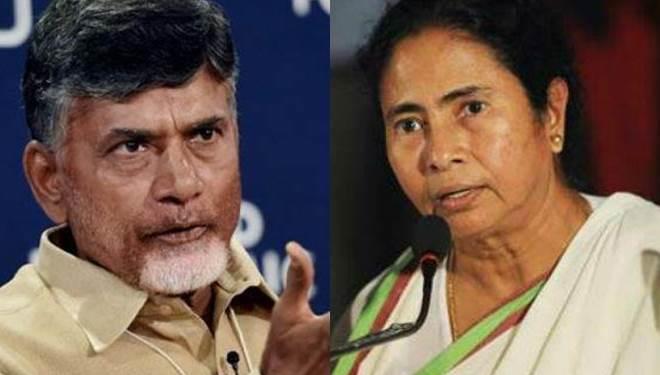In what seems like a desperate move to undermine the authority of the Modi government, Andhra Pradesh and West Bengal Chief ministers have withdrawn the general consent to the Central Bureau of Investigation (CBI) to exercise its authority in the state. This controversial move is bound to have a detrimental effect on centre-state relations. It is true that law and order is a state subject and according to Section 6 of the Delhi Special Police Establishment Act, 1946, the CBI requires the consent of the concerned state before exercising the powers conferred on it under this Act. However, once a general consent has been given to the premier investigating agency, withdrawing the same does not augur well for the Quasi-federal structure of India and the centre-state relations. The Andhra Pradesh government had accorded ‘general consent’ to the CBI on August 3 this year. The CBI could, therefore, exercise powers and jurisdiction in the state against central government officials, central government undertakings and private persons for conducting investigation into offences under various laws.
The news of the Chandrababu government having withdrawn the ‘general consent’ accorded to the CBI in the state broke out, after a ‘confidential’ government order issued by principal secretary (home), A R Anuradha, got leaked. The Order read, “In exercise of the powers conferred by Section 6 of the Delhi Special Police Establishment Act, 1946, Government hereby withdraw the general consent accorded (in GO Ms 109) to all the members of the Delhi Special Police Establishment to exercise the powers and jurisdiction under the said Act in the state of Andhra Pradesh.” Initially, Mamata Banerjee vociferously supported this decision taken by the Naidu government and soon followed it with a similar decision in West Bengal.
At a meeting of Trinamool Congress’s core committee, Mamata Banerjee said, “He (Naidu) did the right thing. We should also think about it. Instructions (to the agency) are given from BJP offices.” As per reports, Mamata Banerjee followed this up with a high level meeting even as the West Bengal government decided to step in the footsteps of the Andhra Pradesh government and restrict the role of the CBI in the state. A senior state government official said, “in 1989, the Left Front government gave a general consent for the CBI to operate here. The government is withdrawing the consent.” What must be kept in mind is the fact that the CBI is investigating certain high profile cases in the state of West Bengal such as Saradha and Rose Valley ponzi scams and the Narada sting operation-in which Trinamool MPs, MLAs and ministers are allegedly involved.
These controversial decisions by Chandrababu Naidu and Mamta Banerjee are not only going to disturb the centre-state relations but also undermine the Quasi federal structure of India. Centre and states must conduct themselves in coordination and co-operation with each other in order to preserve the centre-state relations and maintain the quasi-federal structure of Indian polity, but to withdraw the general consent to the CBI through a ‘confidential’ order was a highly inappropriate act on the part of Naidu government. Moreover, the nature of offences that the CBI investigates makes it a crucial organisation. When a state tries to undermine the authority of such an organisation, then it leaves a very bad impact on the quasi-federal structure of the country and the centre-state relations.
What needs to be borne in mind is the fact that these two decisions came one after another and it seemed as if these were closely co-ordinated decisions to undermine the authority of the central government. The opposition has not been able to challenge the popularity of Modi government and the BJP seems poised to continue its juggernaut, and, in fact, make a considerable impact in states where it was traditionally weak including the state of West Bengal. Perhaps, Mamata Banerjee and Chandrababu realised that since the BJP is unstoppable, the only option left with them was to undermine the authority of the central government and its authorities.
This latest move by Mamata Banerjee in West Bengal and Chandrababu Naidu in Andhra Pradesh become even more controversial and suspicious given that these two Chief ministers have tried undermining the central government and its agencies in the past too. In December 2016, Mamata Banerjee had tried dragging the Indian Army into political blame game by alleging that the Army was deployed at 2 toll plazas on National Highway 2 without briefing the state administration on the matter. Later, it turned out that it was a routine mock drill conducted by the Army every year. Chandrababu had earlier denied police cover to Income Tax officials for conducting raids in the state. This unprecedented move of withdrawing general consent that had been earlier accorded to the CBI in both these states, therefore, goes down as a condemnable move to undermine a central authority out of unreasonable animosity towards the central government.
























